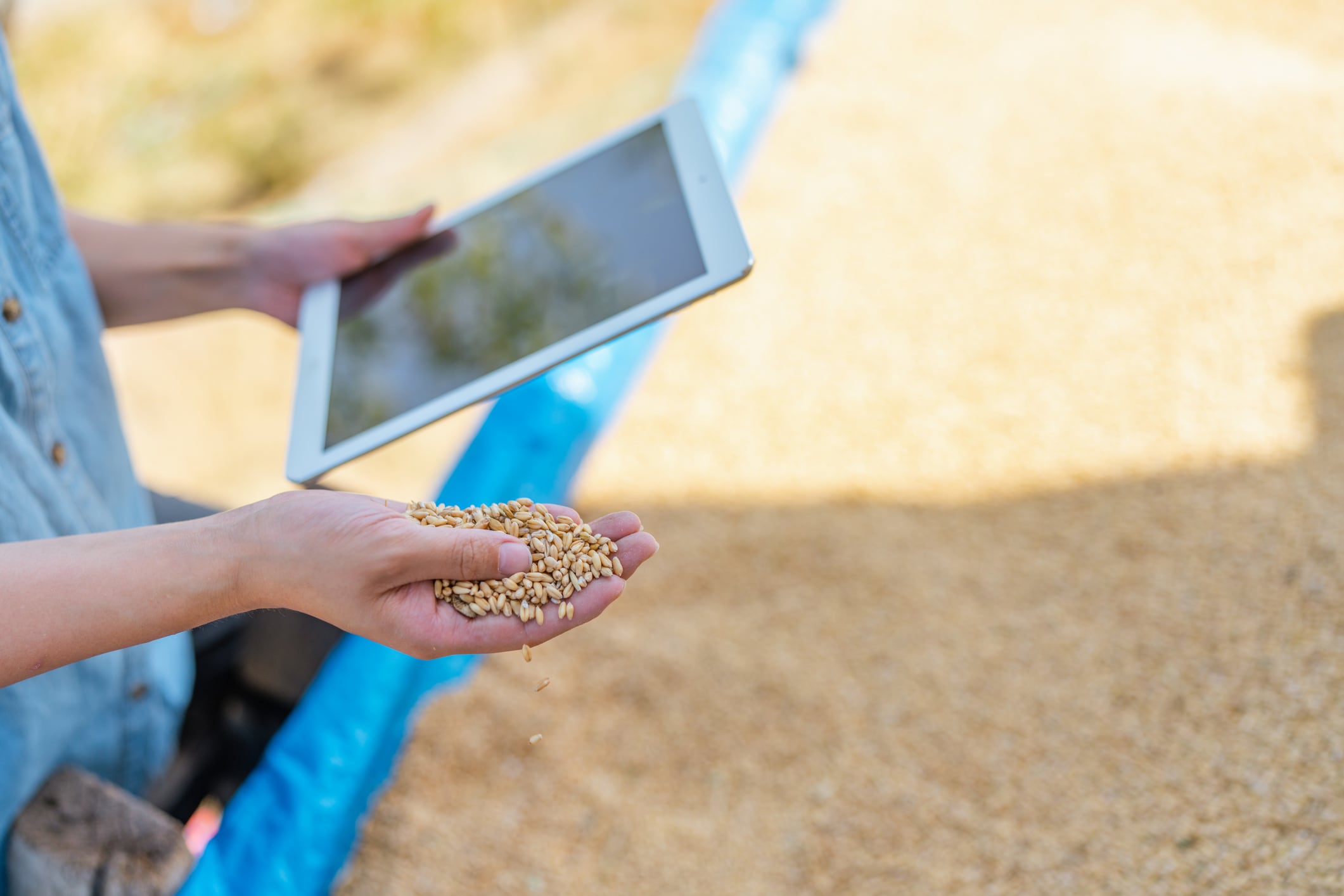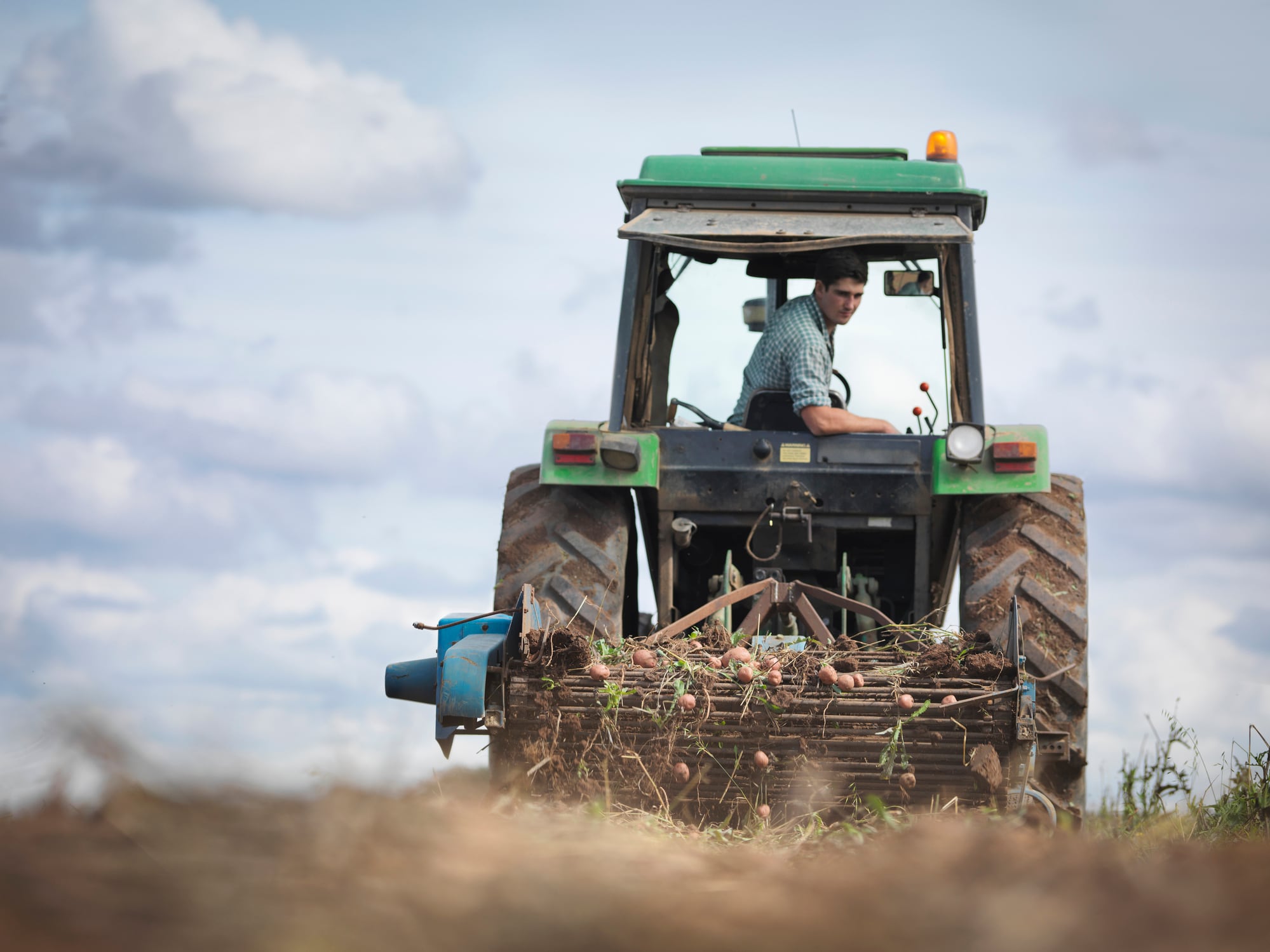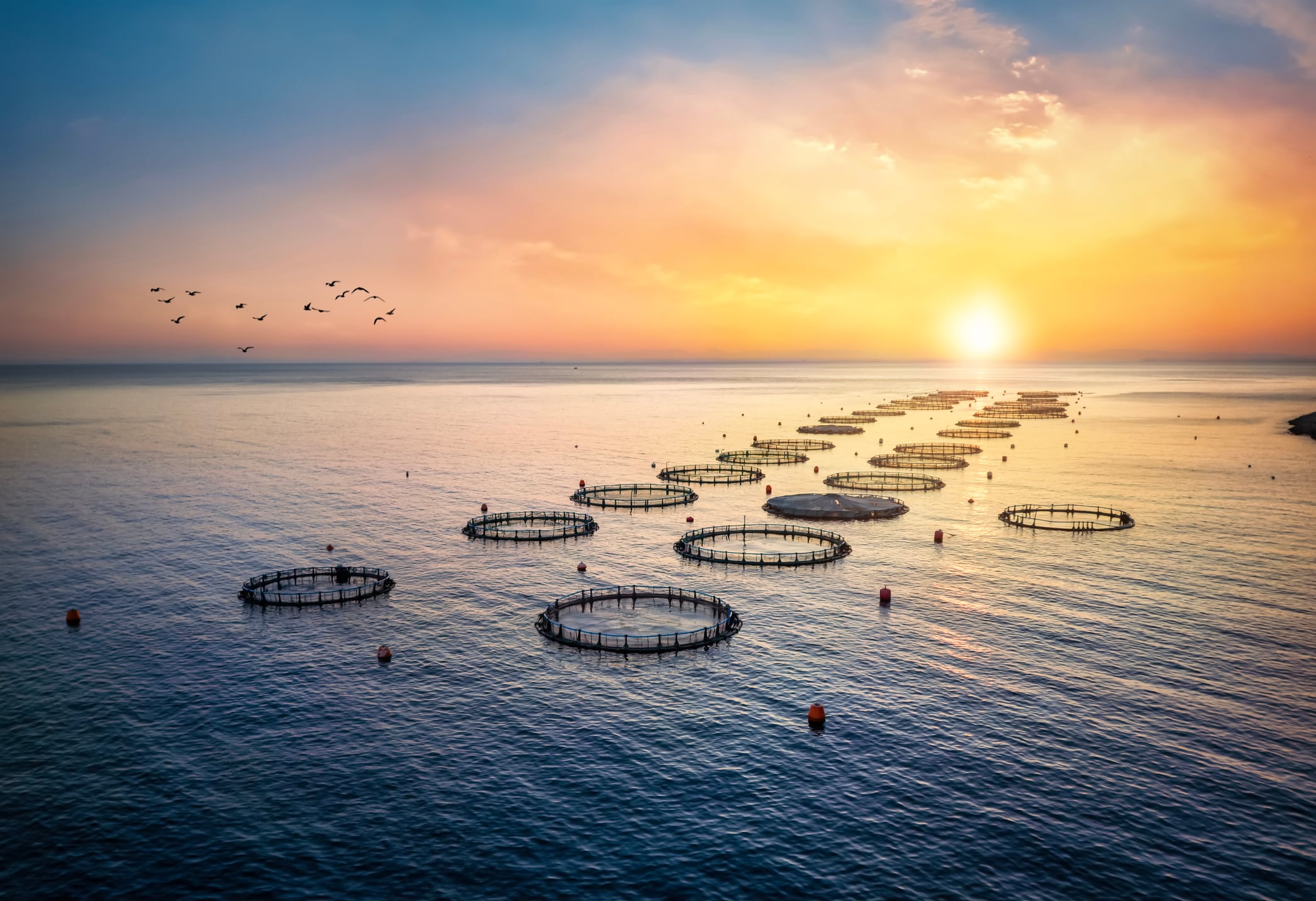Addressing the recent International Grains Council conference in London, Rees highlighted the need for new alliances and cooperative approaches, highlighting plant-science technology as essential to meeting food security and sustainability challenges.
Asynchronous approvals and low-level presence
New advances in plant science, digital technologies and farming innovations – particularly new innovations in seed and crop protection – have the potential accelerate global productivity trends while also addressing food security and climate challenges within a decade, she told the audience.
But two issues – asynchronous approvals and low-level presence – are stumbling blocks, she said.
Asynchronous approvals refer to situations where there is a time lag between the approval of a genetically modified (GM) or biotech crop for cultivation in one country and its approval for import or use in another country.
This lack of harmonised regulatory timelines can disrupt international trade, especially when a crop is legally grown and exported from one country but has not yet received import approval in another.
If even a small amount (known as low-level presence, or LLP) of the unapproved biotech crop is detected in shipments, it can lead to rejected shipments, trade disruptions, increased costs, and supply chain uncertainty.
“By working with historical and new coalitions of like-minded stakeholders,” Rees said, “we can and we will make positive breakthroughs, for example around long- standing issues like asynchronous approvals and LLP as well as emerging opportunities like consistent policy around genome editing in plants.”
Rees also called on governments to ensure that relevant standard setting bodies such as Codex Alimentarius are adequately and sustainably resourced, and the centrality of science- and risk-based assessments be strengthened as the basis for sanitary and phytosanitary measures.
Resilience, productivity, and open trade
She set out three “fundamental building blocks” of sustainable food security.
Resilience, including the crucial resilience needed in local productivity which will take centre-stage in the G20 later this year and is so critical to regions of the Global South. Advanced plant-breeding techniques will be breakthrough in meeting the unique challenges in these regions.
Productivity, driven by the agricultural innovation which delivers techniques and technologies such as precision agriculture and AI-driven farming, optimising the use of finite resources and increasing yields whilst minimising waste.
Open, rules-based, and predictable trade, which must not be governed in such a way as to limit access to innovations through the creation of unilateral trade measures. Non-tariff trade barriers neglect local production needs and remove valuable tools from farmers.
“Today’s cutting-edge science and technology can fortify global agriculture, making it more resilient to economic upheaval, as well as climatic or environmental disruption. By working together, governments, the grain industry and the plant R&D sector can take a bold leadership position in this global hour of need,” she said.
“We must safeguard and enhance the multilateral rules-based trading system and reference bodies in ways that support research and development of agricultural innovation and – crucially – give farmers access to these new technologies.”





